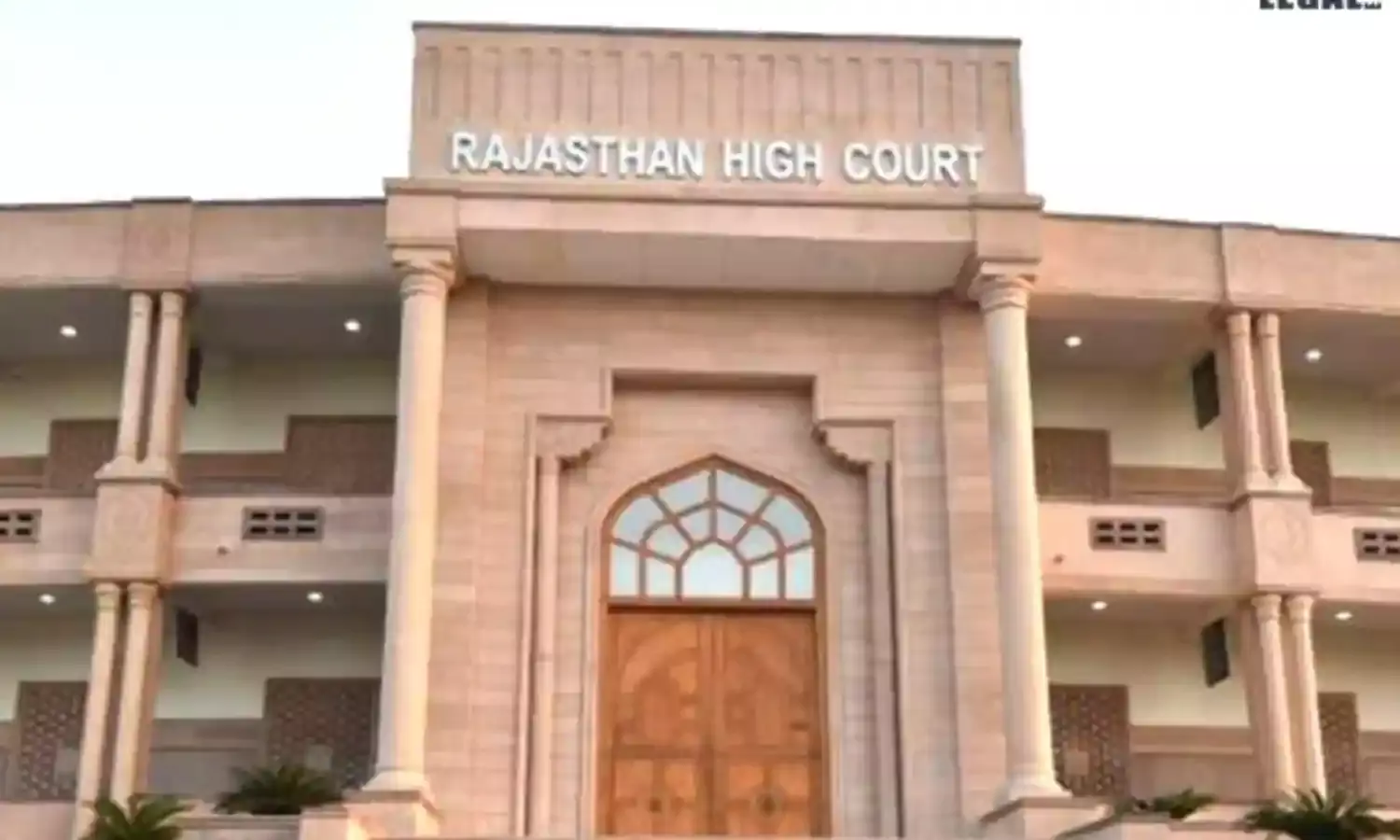Rajasthan High Court: Arbitral Tribunal To Determine Dispute Arbitrability And Res-Judicata, Courts Can Have Second Look Post-Award
Justice Nupur Bhati of the Rajasthan High Court recently addressed an application under Section 11(6) of the Arbitration;

Rajasthan High Court: Arbitral Tribunal To Determine Dispute Arbitrability And Res-Judicata, Courts Can Have Second Look Post-Award
Justice Nupur Bhati of the Rajasthan High Court recently addressed an application under Section 11(6) of the Arbitration and Conciliation Act, 1996, seeking the appointment of an arbitrator. The Court observed that issues related to the non-arbitrability of a dispute under an arbitration agreement should initially be resolved by the arbitral tribunal. Courts have the authority to review these issues only after an arbitral award has been passed.
The Court also noted that questions of res judicata, or whether a claim is barred by previous judgments, should be considered by the arbitral tribunal rather than during Section 11 proceedings.
The application was filed by one of three partners in a firm, where the other two partners were his father and stepbrother. The firm, which managed the business and property of Choudhary Petroleum House, used its property as security for a bank loan. Following a default, the bank auctioned the property and disbursed the remaining funds to the partnership firm. Disputes arose when the applicant was unable to receive his 45% share of the proceeds, leading him to seek arbitration.
The respondents argued that the application was not maintainable. They claimed the dispute was outside the scope of the partnership deed’s arbitration clause and that the issue was already resolved in a writ petition, thus constituting res judicata. However, the Court rejected these arguments.
The Court referenced the Supreme Court’s decision in Vidya Drolia and Ors. v. Durga Trading Corporation, which established that certain matters are non-arbitrable, including actions in rem, those affecting third parties, matters involving sovereign functions, and issues explicitly excluded by statute. Since the current dispute did not fall into these categories, the Court found it not to be inherently non-arbitrable at this stage.
Further relying on Vidya Drolia, the Court upheld the principle of competence-competence, affirming that the arbitral tribunal is the first authority to determine issues of arbitrability. The Court stated it would only review these matters after an arbitral award had been issued.
Addressing the res judicata argument, the Court cited the Rajasthan High Court’s decision in Indian Oil Corp. Ltd. v. M/S Sps Engineering Ltd., where it was held that res judicata claims should be evaluated by the arbitral tribunal and not during Section 11 proceedings.
Finally, the Court referred to BSNL and Anr. v. Nortel Networks India (P) Ltd., which emphasized that under Section 11 proceedings, courts should intervene only in cases where an application is evidently time-barred or where no dispute exists.
In light of this analysis, the Court granted the application and appointed an arbitrator to resolve the dispute.


